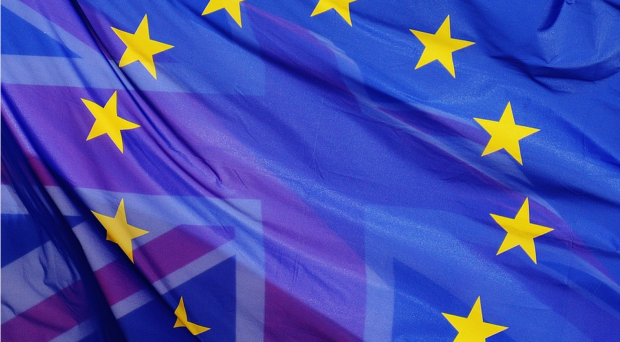
The immediate reaction among the scientific community was shock, since the majority of scientists (including Steven Hawking) did not want to leave the EU. According to a poll by Nature, 83% of UK researchers indicated that they would want the UK to remain in the EU, and 77% of EU researchers also voted this way. Comparing this to the poll results for the general UK population, however, the result was very different; only 44% of the UK population wanted to remain.
Implications for funding and research grants
For UK researchers, around 16% of their research grants are from EU funding sources, and the UK has received around €8 billion from the EU over the past decade; about €1billion per year. There are fears among researchers that the UK will lose access to funding, such as Horizon 2020, which is the EU’s €70 billion programme of research grants.
The UK currently receives more EU grants from the European Research Council than any other member state, and scientists are concerned that there would be difficulties in obtaining funding after the UK leave the EU, particularly with restrictions on movement. Switzerland, for example, were initially able to obtain funding from the Horizon 2020 programme, but were removed due to their restrictions on movement in 2014. They have, however, been able to access some EU schemes and remain within the European research network. Other non-EU countries, such as Norway, Israel and Turkey, have also done this and EU funding and collaboration are not dependent on EU membership.
Increased flexibility?
Leaving the EU could provide the UK with more money to support UK projects, since we put vast amounts of money into the EU (most recently the figure was around €17 billion) which could be directed towards our own research efforts. Brexit may also allow the UK to have more flexibility and freedom in creating our own research policies. For example, genetic modification and clinical trial research has often been restricted by the EU.
The loss of the strong UK political voice, however, could be detrimental to the EU and European research. The UK has been a key contributor to positive discussions around stem cell research funding, and without our involvement EU regulations could change, since countries such as Austria, Germany and Italy have previously been opposed to EU funding for research on human embryonic stem cells.
Collaboration controversies
Collaborations between researchers of different countries within the EU is a fantastic way to optimise skills, knowledge and scientific progress. The official case from Scientists for EU explained the importance of the EU and how it has successfully created a collaborative network within Europe. The case stated that “The EU is now a community of scientific talent which can flow between countries without visas or points systems and which can assemble bespoke constellations of cutting-edge labs, industry and small businesses to tackle challenges local and global”. At the moment, the EU has the largest market share of global researchers and is a hub of collaborative work, however UK researchers are concerned that Brexit could lead to a reduction in collaborative research projects and a loss of pan-EU funding proposals.
Researchers are already experiencing problems with funding applications for EU research grants and, in some cases, UK scientists are being removed from projects or being asked to step down from leadership roles due to the uncertain future of the UK and the EU. It has, however, been pointed out that over 15% of UK academics are non-EU nationals, and it would be highly unlikely that they would need to obtain visas, or that their funding would be retracted. The official argument from Scientists for Britain states that, since EU funding and collaboration are not dependent on EU membership, they see no risk to collaborations with the UK following Brexit.
Brexit limbo
Despite the pros and cons of this political move, it is unclear how the UK leaving the EU will impact science and many discussions are ongoing. It is also unclear when any of these changes will occur, since the moment the UK will officially leave the EU is based on the government invoking ‘Article 50’ of the EU Lisbon treaty. At the moment, no-one is sure when this will happen. Nevertheless, despite the current limbo the decision to leave the EU is truly a historical moment which will be an important part of history – watch this space!
Comments